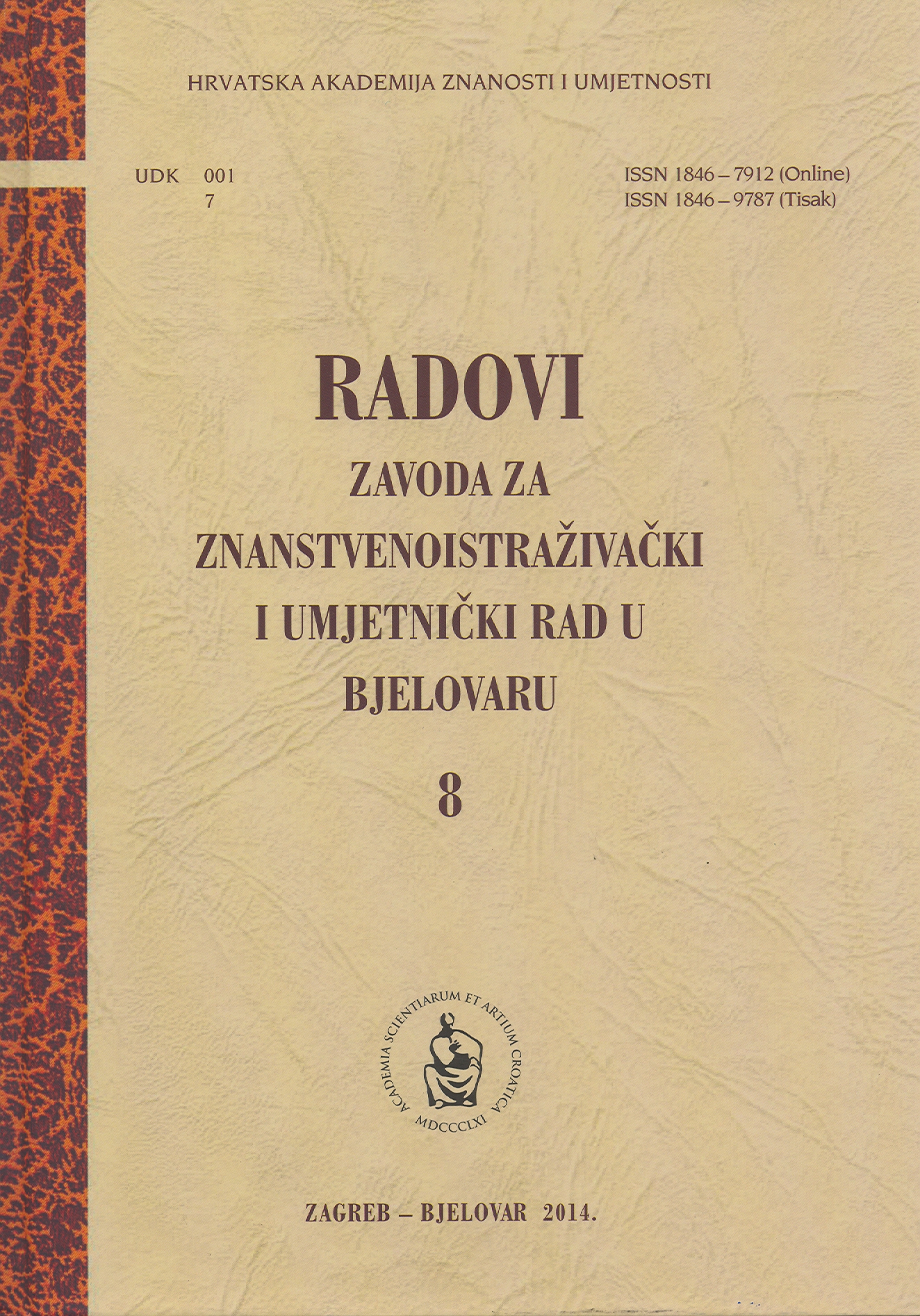Znanje učenika osmog razreda osnovne škole o Domovinskom ratu
The Eighth-Grade-Student Knowledge of the Homeland War
Author(s): Zrinka Puharić, Rudolf Kiralj, Dalibor ČavićSubject(s): History, Education, Military history, Recent History (1900 till today), School education, State/Government and Education, Transformation Period (1990 - 2010), Wars in Jugoslavia
Published by: Hrvatska akademija znanosti i umjetnosti - Zavod za znanstvenoistraživački i umjetnički rad u Bjelovaru
Keywords: Homeland War; students; primary school; knowledge; history as school subject;
Summary/Abstract: The Homeland War is the most important event in the recent Croatian history. The Republic of Croatia succeeded in gaining its independence and sovereignty, following, however, having suffered vast human and material losses. As nineteen years have passed since the end of the War, it is of major importance for us to learn from historical facts, so that we may avoid making mistakes in future. Young generations, who have, luckily enough, not been affected by the Homeland War, ought to become familiarised with the course, results and consequences thereof. Therefore, a poll-based research was carried out in order to evaluate the eighth-grade-student knowledge of the Homeland War before this topic was to be studied in history classes. The poll was conducted in two primary schools in the Bjelovar area. Poor knowledge was shown locally, which however does not exclude the possibility that the general state is the same in Croatia on the whole. The paper discusses natural factors that should result in gaining a better knowledge of the Homeland War: the meaning of the War and its consequences; wartime events in the Bjelovar area; active participation of the inhabitants of this area in battles, as well as in military and police operations during the War; and the wide-range availability of information via modern means of communication. The paper further discusses probable causes for the established poor knowledge – it is possible that family and close surroundings; school; social institutions and organisations; and popular culture have failed in this respect. It is evident that teaching school children of the Homeland War is at all levels inadequate – both quantitatively and qualitatively – and that positive activities that have positive results in this regard should be continually conducted throughout Croatia.
Journal: Radovi Zavoda za znanstvenoistraživački i umjetnički rad u Bjelovaru
- Issue Year: 2014
- Issue No: 8
- Page Range: 357-371
- Page Count: 15
- Language: Croatian

